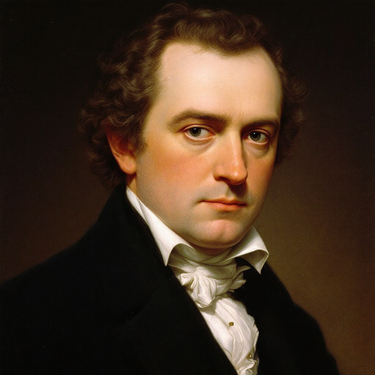Franz Schubert: A Master of Melody and Emotion
Introduction to Franz Schubert
Franz Peter Schubert (1797–1828) was a pioneering Austrian composer bridging the late Classical and early Romantic periods. Despite his short life, he left an enduring legacy with a vast collection of works encompassing symphonies, lieder, sacred music, operas, chamber music, and piano compositions. His ability to blend lyrical beauty with profound emotional depth continues to captivate musicians and listeners alike.
Schubert’s Musical Contributions
Lieder (Songs for Voice and Piano)
Schubert is best known for his more than 600 lieder, which redefined the art song. His ability to capture human emotions in music remains unparalleled. Among his most famous songs are:
- "Erlkönig" (D. 328) – A dramatic and haunting piece that vividly illustrates Goethe’s eerie poem.
- "Die schöne Müllerin" (D. 795) – A song cycle depicting unrequited love and nature’s beauty.
- "Winterreise" (D. 911) – A deeply introspective and sorrowful song cycle, regarded as one of the pinnacles of Romantic music.
Symphonies and Orchestral Works
Schubert’s orchestral compositions demonstrate his mastery of melody and structure:
- Symphony No. 8 in B minor (D. 759) – "Unfinished Symphony"
A mysterious and beautiful work that, despite having only two movements, remains one of his most beloved compositions.
- Symphony No. 9 in C major (D. 944) – "The Great"
A grand, powerful symphony showcasing Schubert’s lyrical themes and orchestral depth.
Chamber Music and Piano Works
Schubert’s chamber and piano compositions continue to be essential parts of classical repertoires:
- Piano Quintet in A major (D. 667) – "Trout Quintet"
A joyful and innovative piece that includes variations on his song "Die Forelle."
- String Quintet in C major (D. 956)
An emotionally profound work, often considered one of the greatest chamber pieces ever written.
- Last Three Piano Sonatas (D. 958–960)
Composed in the final year of his life, these sonatas display deep introspection and exquisite melodic writing.
Sacred Music and Operas
Schubert also contributed significantly to religious and stage music:
- Seven Masses and a Requiem – Expressing his deep spirituality through choral grandeur.
- Opera "Fierrabras" (D. 796) – An ambitious but rarely performed opera with rich orchestration.
- Incidental music for "Rosamunde" (D. 797) – Includes the famous overture and entr’actes.
Schubert’s Legacy
Though Schubert struggled with financial hardship and recognition during his lifetime, his works gained immense popularity posthumously. He is now regarded as one of the most influential composers of all time, whose music bridges Classical refinement with Romantic expressiveness.
We value your feedback! Share your experience with this product to help others make informed decisions. Your review is important to us!
























